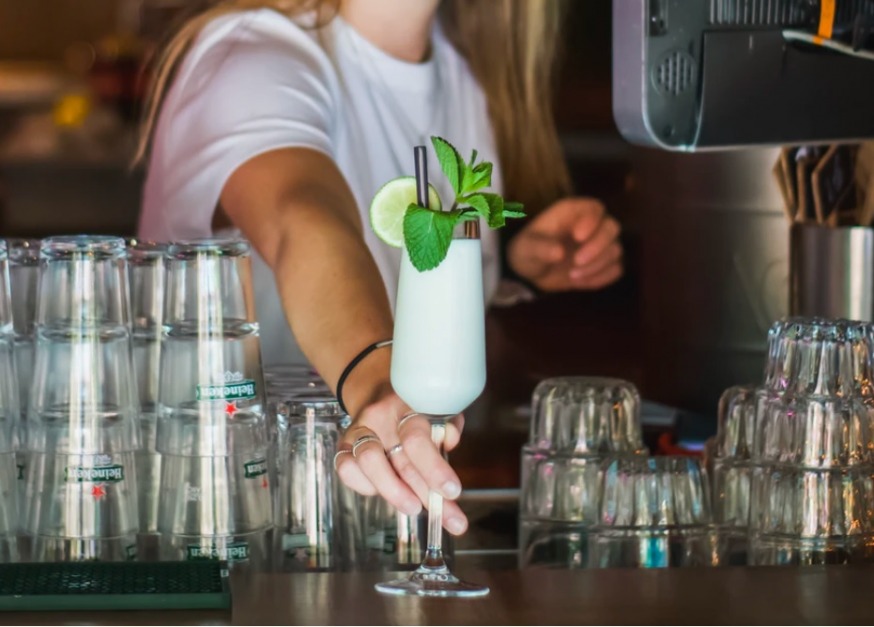 Photo: Stock Unsplash @louishansel
Photo: Stock Unsplash @louishansel
May 19, 2021 By Christina Santucci
The city’s hospitality association is calling on state legislators to pass a bill sponsored by state Sen. Jessica Ramos that would allow city bars and restaurants to get the authority they need to sell alcoholic beverages more quickly.
Currently, only businesses outside of New York City are allowed to apply for temporary permits to serve alcohol while their final licenses are being processed. The proposed legislation would extend the temporary permitting process to bars and restaurants in the five boroughs.
Temporary permits are usually processed within about 30 days of filing with the State Liquor Authority (SLA), and are valid for 90 days. Meanwhile, getting a final liquor license takes about six and a half months – and often longer in New York City, the text of Ramos’ bill states.
Ramos said in a statement that the legislation would ensure “the same support and privileges are extended to downstate businesses and all our restaurants have the tools they need to get back on their feet.”
She joined the New York City Hospitality Alliance for a press conference Monday, asking fellow lawmakers to green light the bill before the current session ends in June.
The alliance is also advocating for the passage of other proposed laws – which would continue allowing businesses to sell alcoholic “to-go” drinks and permit restaurants to keep serving alcohol in noncontiguous outdoor dining areas.
The organization estimates that 11,000 restaurants citywide currently participate in the “Open Restaurants” outdoor dining program, up from 1,500 eateries with outdoor areas before the pandemic.
Gov. Andrew Cuomo had allowed the “to-go” and outdoor service under pandemic-related executive orders issued last year, and the SLA confirmed on its website that the measures will continue until June 5 – and may be extended.
But hospitality representatives would like the programs to be codified into law – as well as for city businesses to be able to get temporary liquor permits.
“New York City’s recovery is really at stake,” said Robert Bookman, co-founder and general counsel at the NYC Hospitality Alliance, in a statement.
Bookman told Gothamist that about 1,000 restaurants citywide have already been okayed by their respective community boards but are stuck in the months-long approval process of their final liquor license.
“At a time when we should be encouraging and supporting all of our state’s entrepreneurs in the hospitality industry to re-open their doors or start new businesses, New York City’s business owners are forced to wait more than five months for the liquor licenses their businesses need to function,” Ramos said in a statement.
Her bill, which was introduced in January, is currently being considered by the Senate’s Investigations and Government Operations Committee. A companion bill – introduced by Assemblymember Inez Dickens and co-sponsored by three other Assemblymembers including Catalina Cruz – is also under committee review.
The state legislature’s current session is scheduled to conclude June 10.
